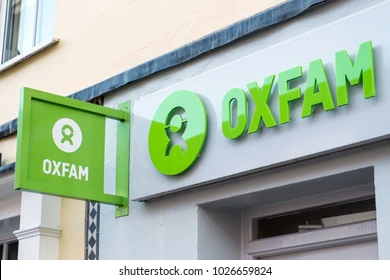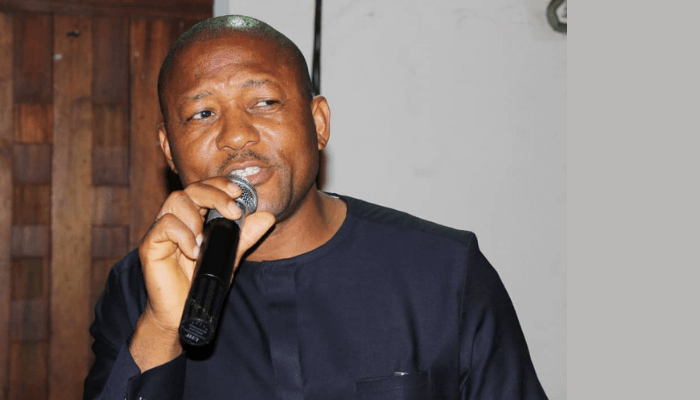
Oxfam has urged the Federal Government to implement progressive labour reforms, including a higher national minimum wage and policies that promote decent work, as part of urgent measures to tackle rising inequality in Nigeria.
The call was made by Oxfam Country Director in Nigeria, Mr. John Makina, on Friday in Abuja at A Pivotal National Dialogue on Addressing the Urgent Challenge of Inequality in Nigeria. The event, themed “The Next 90 Per Cent: Youth, Policy and a Fairer Nigeria”, brought together youth leaders, policymakers, women’s groups, and civil society organisations to advocate for a more just and equitable society.
Makina noted that with 65 per cent of Nigeria’s workforce in the informal sector, there is a pressing need to formalise businesses by improving access to credit, training, and social protection.
“Formalisation and support for small businesses through simplified registration, tax incentives, training, and credit access can reduce vulnerable employment, which affects more than 55 per cent of Nigerian youths,” he said.
He also called for the dismantling of monopolies that hinder job creation, competition, and innovation, stressing that reducing inequality requires deliberate policy choices.
“We must break up monopolies that stifle competition and promote economic growth through inclusive job creation,” Makina said.
He further warned about the severe concentration of wealth in Nigeria, which, he said, restricts access to education, healthcare, land ownership — particularly for women — and other essential services.
“For example, women who work hard on our farmlands own only 13 per cent of the land. This is the reality holding our country back,” he explained.
Makina emphasised that inequality is not a natural phenomenon but the result of policy decisions, entrenched power structures, and vested interests. He called for stronger public services, tighter corporate regulation, taxes on wealth and excess profits, and greater youth inclusion in governance.
“Young people must have a seat at the table. Their inclusion is a strategic move for national peace, economic innovation, and shared prosperity,” he added.
Also speaking, Mr. Hamzat Lawal, CEO of Connected Development (CODE) and Oxfam’s International Inequality Champion, stressed that the fight against inequality must begin at the grassroots.
He urged full implementation of the Supreme Court ruling on local government autonomy, including the abolition of joint state–local government accounts.
“If local governments receive their allocations directly, we can reduce inequality and invest more in human capital. Local government officials do not have immunity, and anti-corruption agencies can ensure proper use of funds,” Lawal said.
Rukaiya El-Rufai, Special Adviser to the President on the National Economic Council (NEC) and Climate Change, said addressing inequality requires equal opportunities, access to education and healthcare, and progressive tax reforms.
“Investing in human capital and creating platforms for social mobility are essential. That’s how we build a more equitable Nigeria,” she said.












